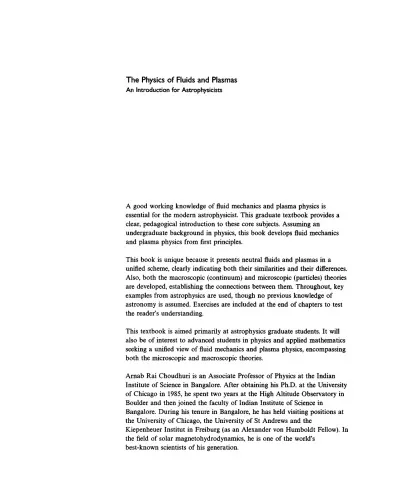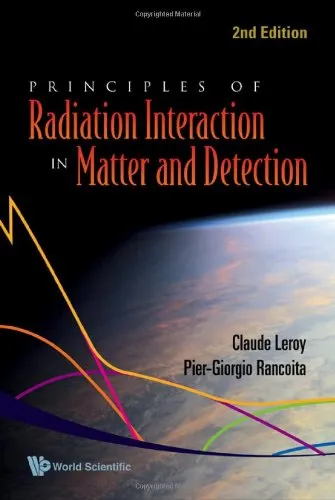Planetary Systems: Detection, Formation and Habitability of Extrasolar Planets (Astronomy and Astrophysics Library)
4.5
Reviews from our users

You Can Ask your questions from this book's AI after Login
Each download or ask from book AI costs 2 points. To earn more free points, please visit the Points Guide Page and complete some valuable actions.Related Refrences:
Welcome to an unparalleled exploration of the vast universe of planetary systems beyond our solar neighborhood. "Planetary Systems: Detection, Formation and Habitability of Extrasolar Planets" is an essential volume in the Astronomy and Astrophysics Library, offering an extensive examination of the methods and discoveries related to extrasolar planets. This book stands as a testament to the collaborative work of specialists Marc Ollivier, Therese Encrenaz, Francoise Roques, Franck Selsis, and Fabienne Casoli. Whether you are a seasoned astronomer or a newcomer with a thirst for cosmic knowledge, this book provides a gateway to the wonders of astrophysical phenomena.
Detailed Summary of the Book
"Planetary Systems" delves into the dynamic field of exoplanet research, charting the journey from the initial detection of extrasolar planets to the current understanding of their formation and potential habitability. The book is meticulously structured to cover a broad spectrum of topics. It begins with the historical context, detailing the remarkable progress made in the detection techniques from radial velocity measurements to the use of space telescopes like Kepler and TESS.
A significant portion of the book is dedicated to understanding the processes of planetary formation. The authors explore the intricacies of protoplanetary disks and the factors influencing planet composition and orbit evolutions. Discussions move towards the classifications of known exoplanets, from gas giants in tight orbits to rocky Earth-like planets.
The exploration does not stop at mere identification and classification; it extends to consider the potential for life beyond Earth. Terrestrial planets within the habitable zone of their stars are meticulously examined, with theoretical insights into their atmospheres and the implications for astrobiology.
Key Takeaways
- The evolution of detection methods over the years has vastly increased the rate of exoplanet discovery.
- Understanding protoplanetary disks is crucial for insight into the formation of planetary systems.
- Transitioning from observation to understanding involves multidisciplinary approaches, including astrophysics, chemistry, and computer modeling.
- The concept of habitability is dynamic, extending beyond the "Goldilocks Zone" to complex considerations of atmospheric and geologic conditions.
Famous Quotes from the Book
"In the search for planets outside our solar system, we are also looking for reflections of our own journey through the cosmos."
"The cosmos is a profound tapestry of events and entities, where each planet detected is a new stitch in the narrative of the universe."
Why This Book Matters
The significance of this book lies in its comprehensive treatment of a field that has reshaped our understanding of the universe. It matters not just for scientists, but for anyone curious about the existential questions related to our place in the cosmos. The rapid advancements in technology and methodology have led to an exponential growth in our capacity to detect and study planets light-years away. This text provides an authoritative reference that compiles and critiques these advancements, making it indispensable for researchers and enthusiasts alike.
As humanity stands on the cusp of potentially finding life beyond Earth, "Planetary Systems" acts as both a roadmap and a retrospective, charting human curiosity and capacity for discovery. It bridges a gap between complex scientific concepts and a broader audience, ensuring that the wonder and significance of each discovery is universally appreciated.
Free Direct Download
You Can Download this book after Login
Accessing books through legal platforms and public libraries not only supports the rights of authors and publishers but also contributes to the sustainability of reading culture. Before downloading, please take a moment to consider these options.
Find this book on other platforms:
WorldCat helps you find books in libraries worldwide.
See ratings, reviews, and discussions on Goodreads.
Find and buy rare or used books on AbeBooks.
1381
بازدید4.5
امتیاز0
نظر98%
رضایتReviews:
4.5
Based on 0 users review
Questions & Answers
Ask questions about this book or help others by answering
No questions yet. Be the first to ask!
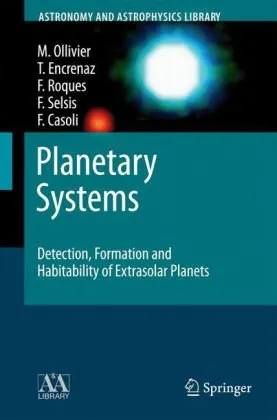
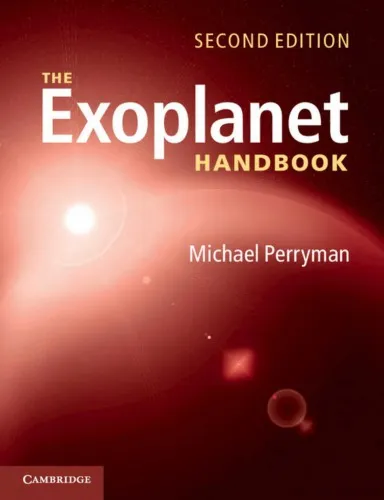
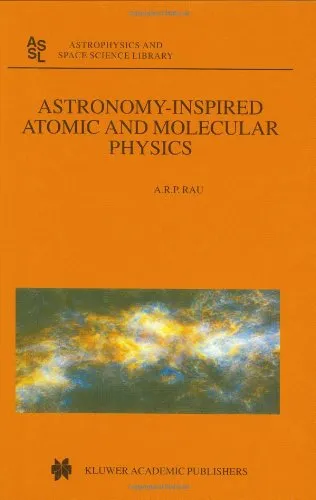

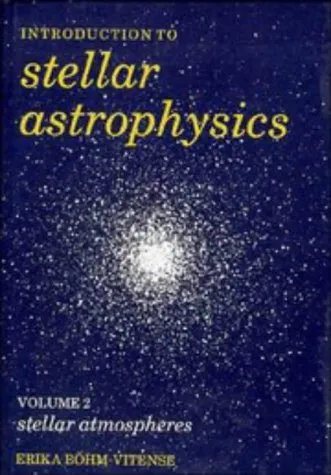
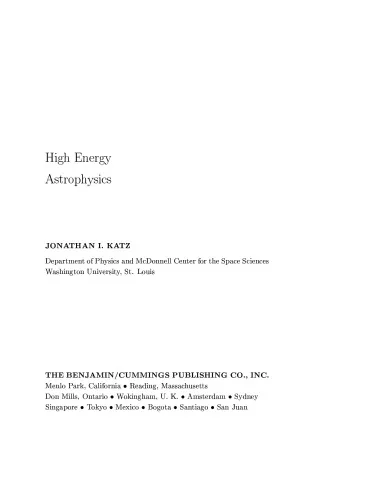

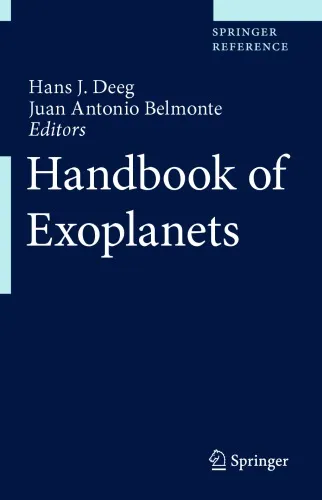

![Introduction to Stellar Astrophysics [Vol 2 - Stellar Atmospheres] (corr.)](https://s3.refhub.ir/images/thumb/Introduction_to_Stellar_Astrophysics__Vol_2_-_30318.webp)

